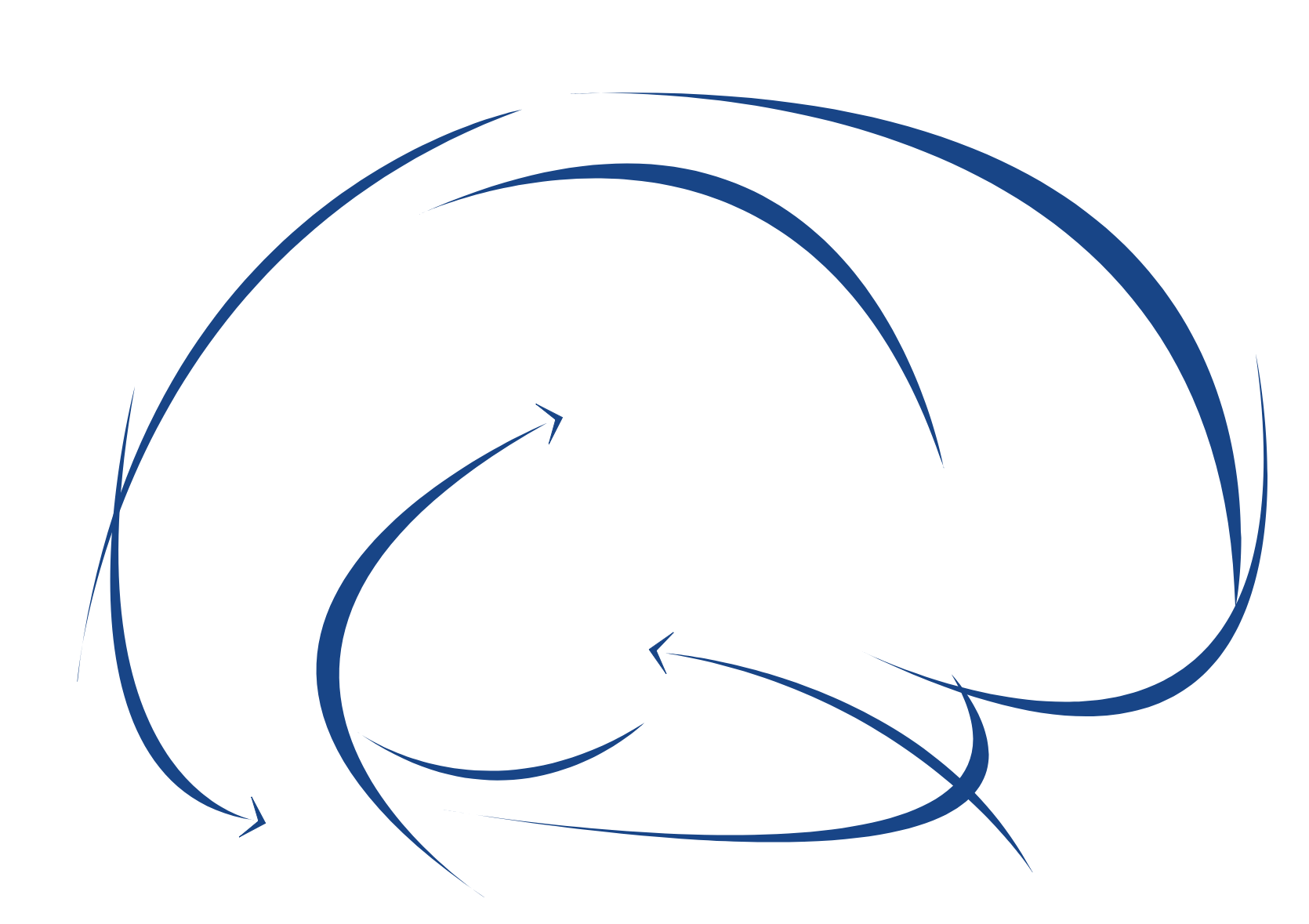Title: Rethinking Phrenology in light of the Social Brain Hypothesis.
Abstract: The social brain hypothesis (SBH) has dominated neuroscience research in the last two decades. It refers to the widely accepted idea that networks of connected brain areas and structures are specialized for the processing of information relevant for social communication and interactions (Adolphs, 2009). Initiated in evolutionary anthropology (Dunbar, 1998), the SBH has been studied by neuroscientists using mostly neuroimaging in humans, particularly fMRI, to map brain areas involved in a variety of socio-emotional processes. The concept has become so influential as to drive important theoretical debates, as well as clinical research on neurodevelopmental disorders characterized by social cognition impairments. However, although current neurocognitive studies of social cognition are instructive, it is difficult to reconcile a localizationist view of the social brain with, e.g., the fact that all psychiatric and neurological diseases alter social cognition in one way or another. Furthermore, the SBH fails to help advance the development of strategies to deal with disorders of social cognition in autism or schizophrenia. One problem might be that social cognition is an emergent function, which may not be compatible with a localizationist model of brain function. In this talk, I will suggest to reconsider the SBH building on two main points: The first takes a closer look at the current definition of social cognition, to include awareness of social presence, which has been surprisingly overlooked in social neuroscience. The second is the recent discovery of social neurons in the monkey brain (Demolliens et al., 2017), which are in favor of a ubiquitous neuronal mechanism and a wholistic view of the social brain. The hypothesis put forward is that social cognition is more likely to rely on a systemic, homeostatic-like neuronal mechanism that would better explain social behavior and its disorders.
Adolphs, R. (2009). The social brain: Neural basis of social knowledge. In Annual Review of Psychology (Vol. 60, pp. 693–716). https://doi.org/10.1146/annurev.psych.60.110707.163514
Demolliens, M., Isbaine, F., Takerkart, S., Huguet, P., & Boussaoud, D. (2017). Social and asocial prefrontal cortex neurons: A new look at social facilitation and the social brain. Social Cognitive and Affective Neuroscience, 12(8), 1241–1248. https://doi.org/10.1093/scan/nsx053
Dunbar, R. I. M. (1998). The social brain hypothesis. Evolutionary Anthropology, 6(5), 178–190. https://doi.org/10.1002/(SICI)1520-6505(1998)6:5<178::AID-EVAN5>3.0.CO;2-8
